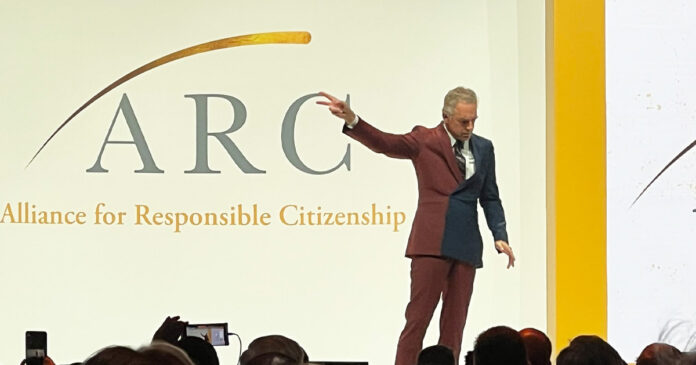The Conservative Party has promised to unanimously approve any government legislation that would offer Canadians who heat their homes using natural gas the same carbon tax break that Prime Minister Justin Trudeau recently extended for oil heating.
About one third of homes in Atlantic Canada use oil for heating, however outside of the east coast region, natural gas is the most commonly used source for home heating, with the exception of Quebec, which predominantly uses hydroelectricity.
Last Thursday, Trudeau announced a three-year pause on the carbon tax for homes that are heated with oil, a decision that was welcomed by several Premiers who had warned Trudeau about the repercussions a carbon tax on oil heating would have on Canadians’ wallets.
Ontario Premier Doug Ford, Saskatchewan Premier Scott Moe and Alberta Premier Danielle Smith have now called for a pause on the carbon tax for residents who use natural gas for heating as well.
Conservative Party leader Pierre Poilievre wrote an open letter asking the Trudeau government to remove the carbon tax from all home energy heating.
“You have now admitted that your carbon tax is not worth the cost. In pausing the tax on home heating oil until after the election, however, you plan to keep the tax on lower emitting natural gas heat for which bills will be jumping even further in mere weeks as it gets colder,” the letter reads.
“There is no way to justify applying taxes on cleaner sources of heat especially when half of Canadians are living $200 away from insolvency and nearly two million have used a food bank in a single month, the highest figure ever recorded. That is why common sense Conservatives are offering our full cooperation to pass an emergency bill tomorrow to axe the carbon tax on all forms of heat before winter heat bills hit Canadians next month,” states the letter.
The minority Liberal government does not seem interested in taking up the offer however.
“Unlike Pierre Poilievre’s Conservatives, we know that climate change is real and it cannot be free to pollute. That’s why we put a price on carbon pollution across Canada,” wrote Katherine Cuplinskas, a spokesperson for Deputy Prime Minister and Finance Minister Chrystia Freeland in an email to Global News.
“The federal government’s announcement last week is a recognition that more time and new support is needed to help Canadians, in particular those who live in Atlantic Canada, transition to cleaner, more affordable home heating options.”
The federal government has also announced plans to offer financial incentives to Canadians who install home heating pumps that reduce dependence on heating with fossil fuels.
Poilievre remains skeptical regarding the Prime Minister’s decision to put the federal surcharge on pause.
While speaking in St. John’s Newfoundland on Friday, Poilievre said the pause was made in the name of votes, not in aiding Canadians’ cost of living.
“Justin Trudeau is in total panic mode,” said Poilievre. “Justin Trudeau is not worried about the cost of living. He’s worried about the cost of votes.”
Numerous recent polls have shown Trudeau falling behind Poilievre if an election were held tomorrow.
“You have now flip flopped and admitted taxing heat will not help the environment. You must be consistent and keep the heat on and take the tax off now for all Canadians. Please contact me today to make arrangements to pass legislation axing the tax on all forms of home heating tomorrow,” concluded Poilievre’s letter to Trudeau.



























